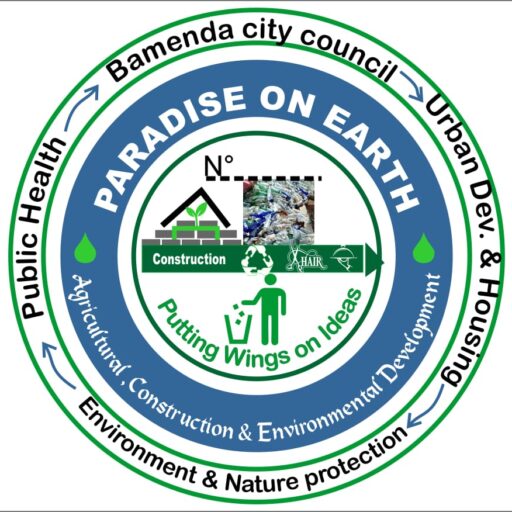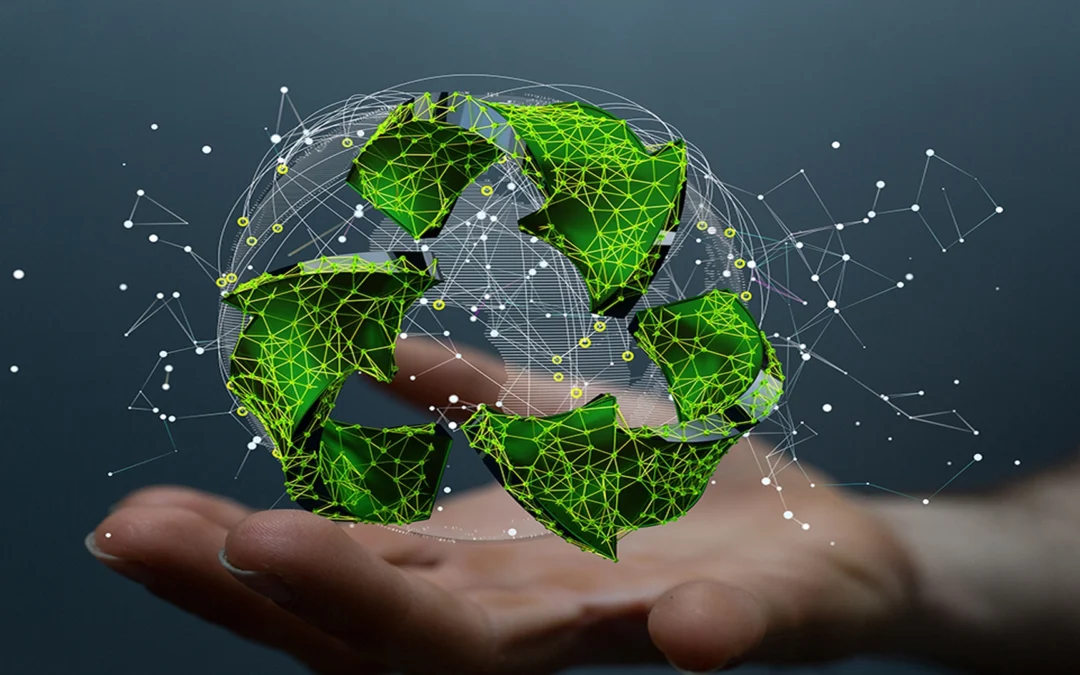Waste is one of the greatest environmental challenges of our time. Across the world, cities struggle with mounting piles of plastic, glass, metal, and other materials that do not naturally decompose. In Africa, the challenge is even more pressing. In many places, waste ends up on roadsides, in rivers, or in open dumps, where it threatens health, pollutes the environment, and contributes to greenhouse gas emissions. Recycling is one of the most practical, effective solutions to this crisis — and its benefits extend far beyond just reducing the amount of trash we see around us.
At its heart, recycling is about conservation. Every bottle, can, or piece of plastic that is collected, processed, and reintroduced into the production cycle reduces the need to extract raw materials from the earth. Mining, drilling, and harvesting natural resources deplete ecosystems, destroy habitats, and often require large amounts of water and energy. By reusing materials that have already been extracted, recycling conserves precious resources and lessens the strain on natural systems.
Beyond conserving resources, recycling significantly reduces pollution. Many types of waste, especially plastics, do not degrade naturally — or take hundreds of years to do so. When left in the environment, plastic breaks into smaller microplastics that contaminate soil, water, and even the food chain. By collecting and reprocessing plastic, recycling keeps harmful materials out of ecosystems and out of our bodies. Moreover, recycling metals and glass reduces the need for new mining and smelting, which can release toxic substances into air and water.
Recycling also has substantial climate benefits. Manufacturing products from recycled materials generally uses less energy compared to producing them from virgin resources. For example, producing aluminum from recycled scrap uses up to 95% less energy than producing it from raw bauxite ore. This reduction in energy demand translates directly into fewer greenhouse gas emissions, helping slow the advance of climate change.
But recycling is not just an environmental imperative — it is also a powerful economic and social opportunity. Around the world, recycling industries create jobs and support livelihoods, from waste pickers who collect materials on the streets to technicians and engineers who operate sophisticated sorting and processing equipment. In Africa, where unemployment rates are often high, recycling provides meaningful work and a path out of poverty for thousands of people. In many communities, local recycling initiatives have become engines of social development, empowering the most vulnerable members of society and helping build more resilient economies.
Beyond jobs and economic impact, recycling also fosters a culture of responsibility and sustainability. When individuals, families, and businesses participate in recycling programs, they become more aware of their consumption patterns and their impact on the environment. They begin to consider how to reduce waste at the source — through choices like reusable bags, less packaging, or buying products made from recycled content. This shift in mindset is crucial for building long-term solutions to the world’s environmental challenges.
Of course, effective recycling requires more than just individual effort. Governments and communities must invest in infrastructure and education, from reliable waste collection systems to training programs that teach people how to sort and handle different materials. Companies have a role to play too, by designing products that are easier to recycle and by supporting the development of circular supply chains that keep materials in use for as long as possible.
At Paradise Cameroon, we believe that recycling is one of the most impactful ways we can contribute to environmental conservation, poverty reduction, and community empowerment. Through our recycling operations and vocational training programs, we work with local waste pickers, entrepreneurs, and youth to create sustainable solutions that benefit everyone. By building skills in waste collection, sorting, processing, and product development, we not only tackle pollution but also create hope and opportunity.
Recycling is not just about managing waste — it is about reimagining our relationship with the world around us. It reminds us that everything has value, and that by working together, we can transform problems into solutions. As our communities grow and change, let us commit to practices that protect our environment, conserve resources, and uplift people. Recycling is a simple step that leads to a greener, cleaner, and more just world for all.

